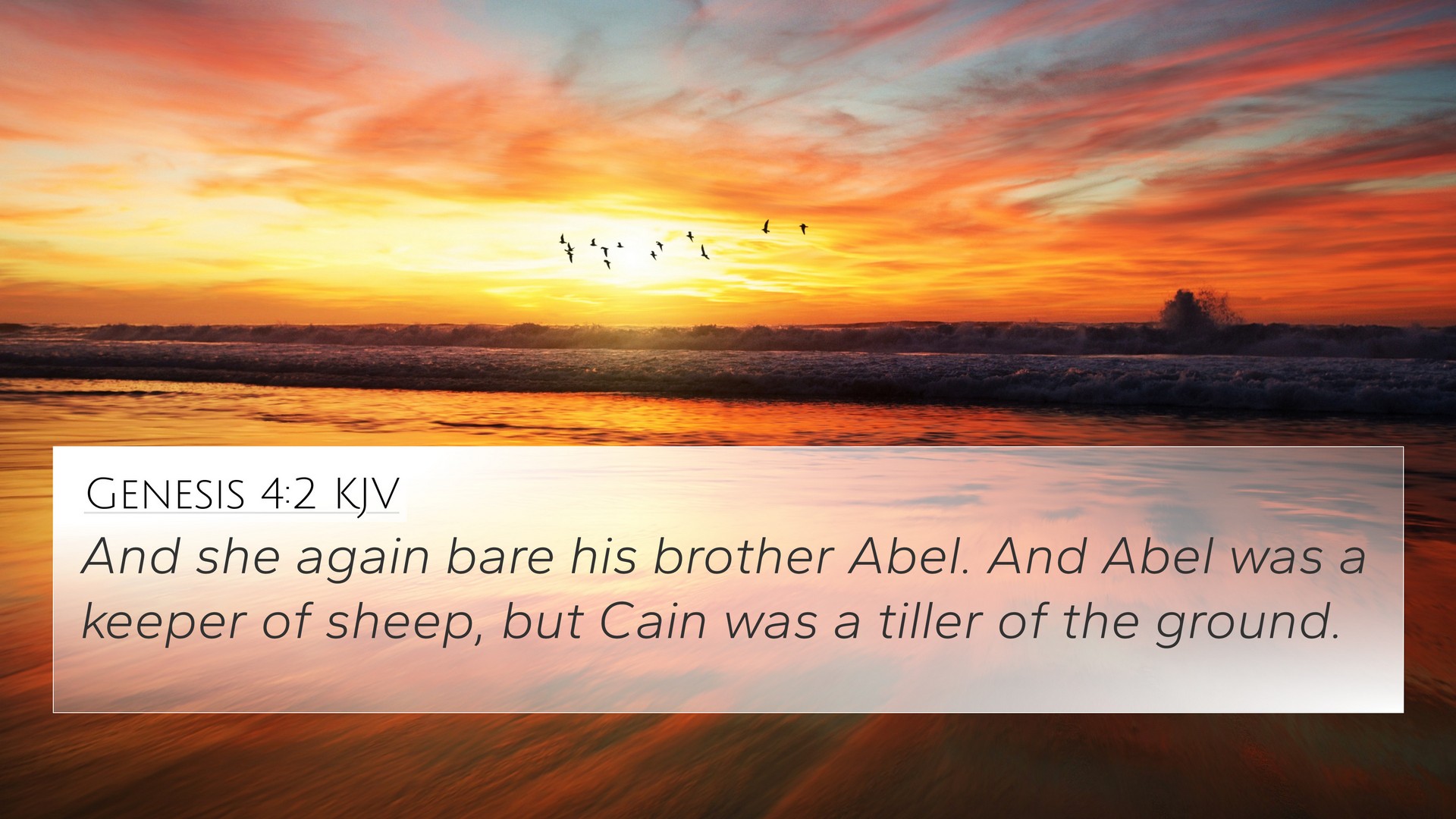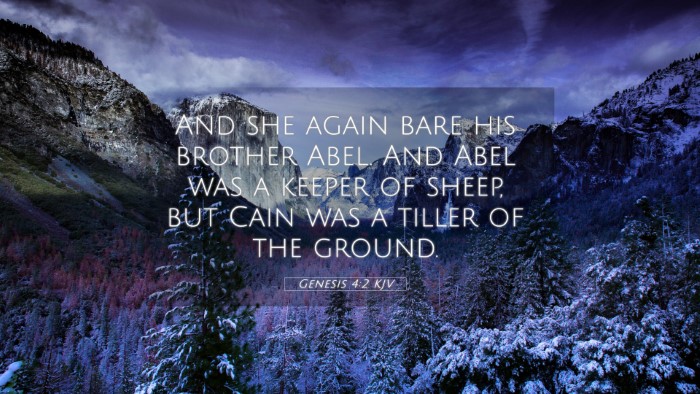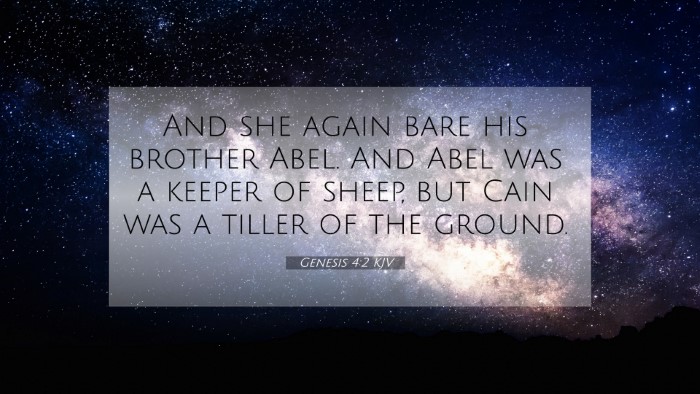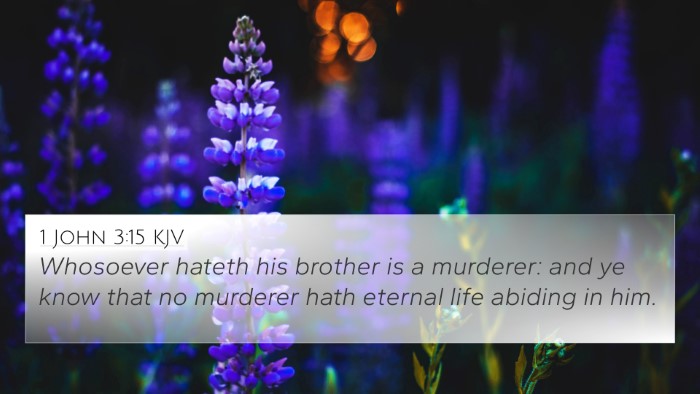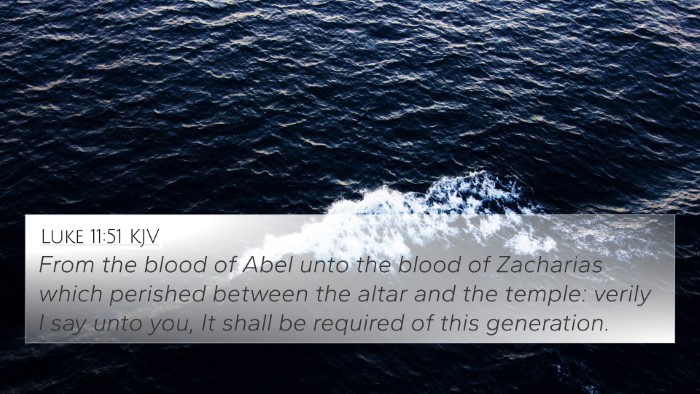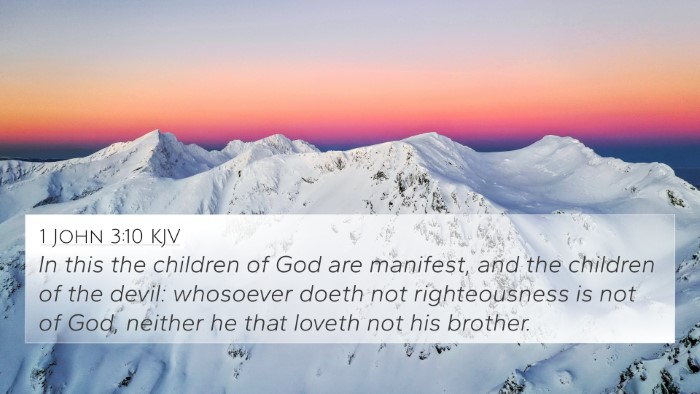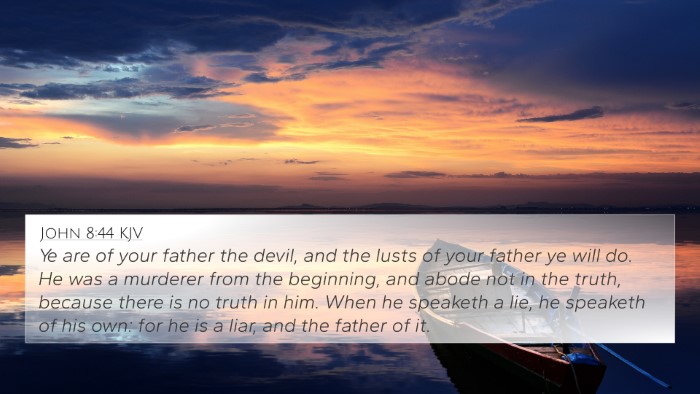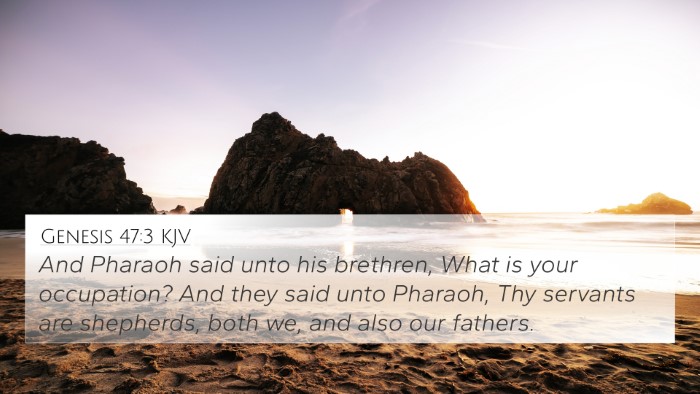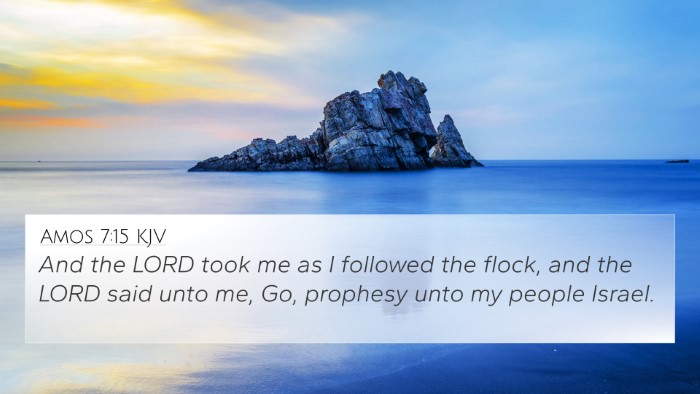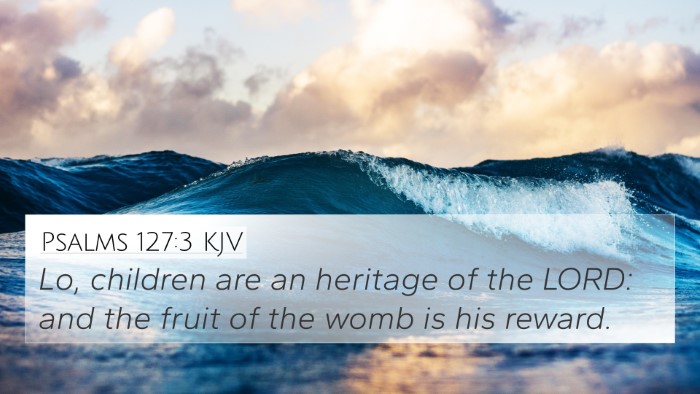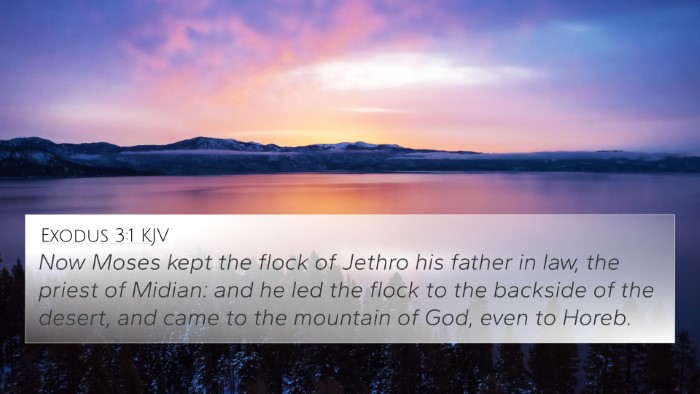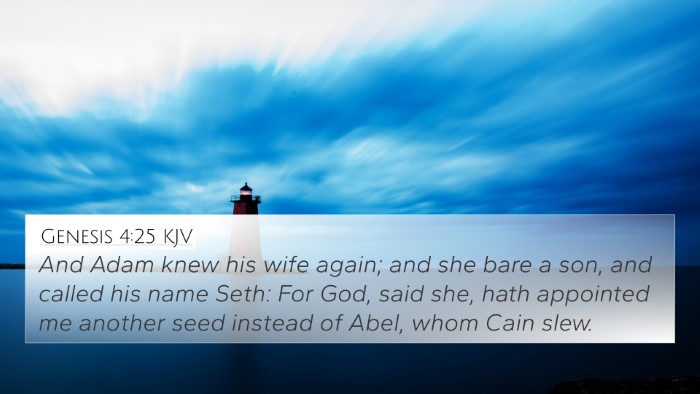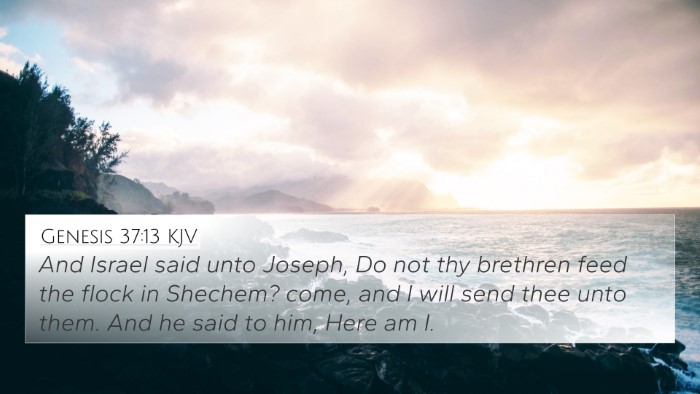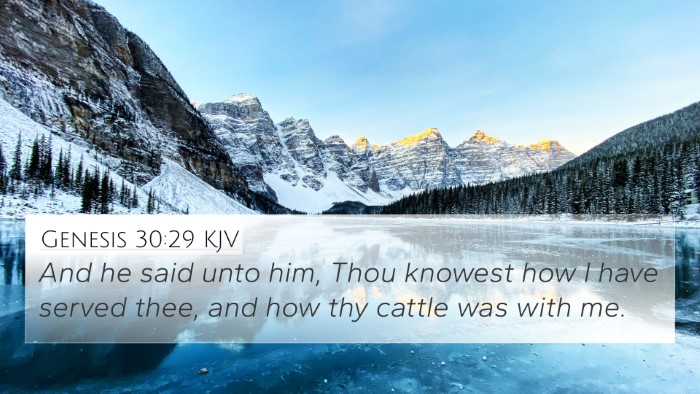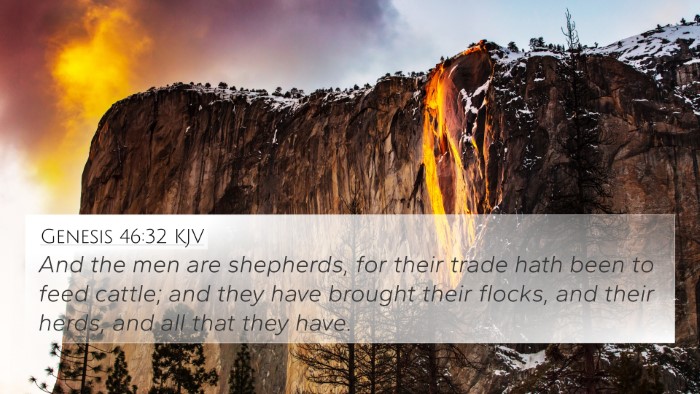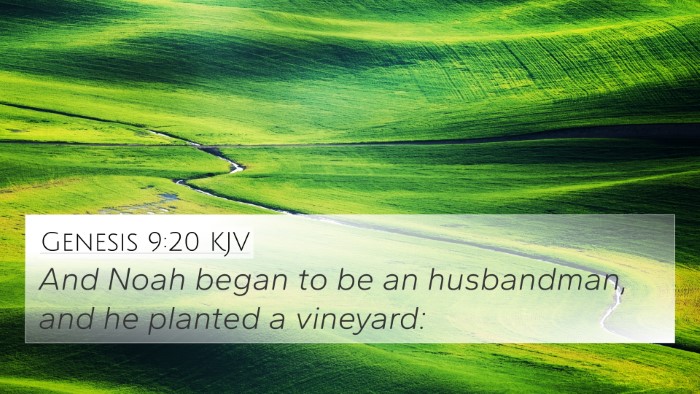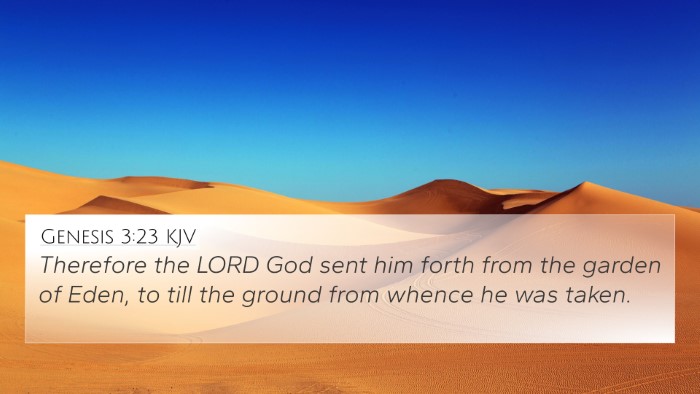Understanding Genesis 4:2
Genesis 4:2 states: "And she again bare his brother Abel. And Abel was a keeper of sheep, but Cain was a tiller of the ground." This verse introduces two significant figures in Biblical history, Cain and Abel, and sets the stage for their contrasting roles and destinies.
Summary of Meaning
The verse highlights the different occupations of Cain and Abel, which symbolize the diverse paths human beings take. Cain, as a tiller of the ground, represents agricultural labor and the human effort to cultivate and provide, while Abel, the keeper of sheep, suggests a pastoral life. This distinction becomes crucial in understanding the events that follow in the narrative.
Insights from Public Domain Commentaries
Matthew Henry’s Commentary
Matthew Henry remarks on the significance of Abel's role as a shepherd. He notes that the shepherding occupation is often seen as noble and reflective of God's relationship with humanity. Furthermore, Henry highlights that the choice of occupations can indicate how one's character or intent may be manifested in their offerings to God.
Albert Barnes' Notes
Albert Barnes provides insight into the implications of the brothers’ professions. He explains that the distinction between a farmer and a shepherd is not merely narrative detail; it also foreshadows the conflicts that will arise later in their lives. Barnes points out that the differences in their offerings to God lead to jealousy and strife, making this verse pivotal in the context of the moral lessons found within the Bible.
Adam Clarke’s Commentary
Adam Clarke emphasizes the spiritual significance of this verse. He suggests that the professions of Cain and Abel illustrate the diverse ways that humanity interacts with God's creation. Clarke also notes that Abel's offering, being from his flock, represents a more sacrificial approach compared to Cain's agricultural produce. This sets the groundwork for understanding God's preferences in offerings later in the text.
Connecting With Other Scriptures
Genesis 4:2 provides a vital link to several other Bible verses, enriching the narrative through thematic connections. Below are notable cross-references:
- Hebrews 11:4: "By faith Abel offered unto God a more excellent sacrifice than Cain..." - This verse explains the faith behind Abel's offering, illuminating the spiritual lesson of sincerity in worship.
- 1 John 3:12: "Not as Cain, who was of that wicked one, and slew his brother..." - It provides insight into Cain’s character and motives, contrasting Abel's righteousness.
- Genesis 3:17-19: Discusses the curse on the ground due to Adam's sin, linking Cain's occupation to the fallen state of creation.
- Exodus 22:1: This law implies an understanding of property due to shepherds’ roles in protecting their sheep, forging a connection to Abel.
- Psalm 23:1: "The Lord is my shepherd..." - This verse echoes the pastoral theme and God's care for His people, paralleling Abel’s identity.
- Romans 10:4: "For Christ is the end of the law for righteousness to everyone that believeth." - Shows the fulfillment of the sacrificial system introduced by figures like Abel.
- James 4:1-2: Discusses conflict arising from desires and jealousy, resonating with Cain’s feelings toward Abel.
Thematic Connections & Analysis
The contrast between the two brothers extends beyond their professions; it characterizes the ongoing conflict between good and evil throughout the Scriptures. The occupations of Cain and Abel allow for a broader exploration of themes like sacrifice, acceptance, and divine preference.
The Role of Sacrifice
Cain's offering was derived from his labor, while Abel's was seen as an acknowledgment of God's sovereignty and grace. This distinction emphasizes a critical theological principle: the nature of offerings and the heart behind them.
Symbolism in Occupations
Cain’s role as a tiller of the ground symbolizes humanity’s attempts to control and cultivate life through effort, which contrasts with Abel’s more passive role that reflects reliance on God’s provision.
Moral Lessons
The unfolding tragedies of Cain and Abel reflect moral lessons about the dangers of jealousy, the importance of sincerity in worship, and the consequences of sin. The differences in their roles also lead to implications about the need for harmony in human relationships.
Conclusion
Genesis 4:2 provides crucial insights into the nature of humanity’s relationship with God through the examples of Cain and Abel. By examining this verse, and its thematic connections through comparative Bible analysis, readers can gain a deeper understanding of how our choices and motivations shape our worship and relationships with others. The cross-references provided enhance our grasp of the overarching narrative within the Bible and encourage further exploration of God’s messages throughout scripture.
